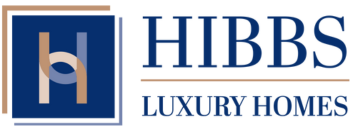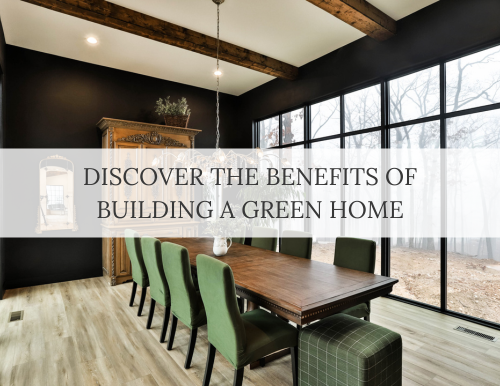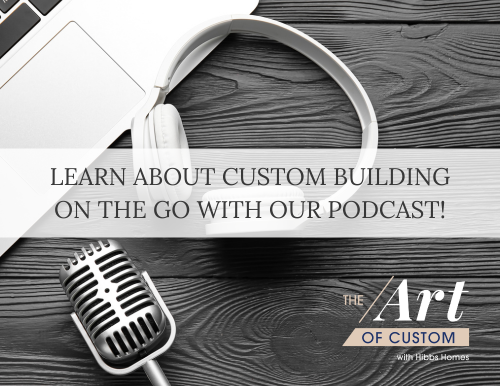When it comes to baby-proofing your home, safety is often the first thing to come to mind. For most, that means installing safety latches, locks on cabinetry, and baby gates. However, there’s much more to it than that! It’s also essential to ensure your home promotes optimal health for your baby, from improving the air quality to eliminating potential allergens. To help you get started, the Hibbs Homes team has compiled a list of things you can do to control your indoor environment in an uncontrollable world. Scroll below to get the details!
1. Improve Your Home's Air Quality
Improving the air quality in your home is vital to your baby’s health, as their lungs and respiratory system are still developing. Making it a point to keep your home free of pollutants can prevent respiratory problems and allergies. Three easy ways to improve your home’s air quality include:
- Using non-VOC paints, which have a lower odor and less negative impact on air quality
- Running an indoor dehumidifier to prevent mold from forming
- Incorporating non-poisonous plants throughout the home to clean the air
2. Baby-Proof to Prevent Tumbles
As your baby grows, they’ll begin exploring their immediate surroundings more and more. While this isn’t a bad thing, it does have the potential for danger, so baby-proofing certain parts of your home to limit their access is a must. A built-in or custom baby gate is a great investment because it limits access to the stairs and other rooms you’d like to keep baby out of.
3. Target Germ Hot Spots
It’s more important than ever to make cleaning your home a priority, especially areas that are a hot spot for germs. While you may think those areas are light switches and doorknobs, the germiest areas are actually in the kitchen. The (NSF) recently revealed kitchen sinks, sponges, dish rags, faucet handles, stove knobs, countertops, cutting boards, and refrigerator handles are among the dirtiest in the home. Keep these high touch areas germ-free by stashing sanitizing wipes nearby and wiping them down on a regular basis.
4. Store Chemicals Out of Reach
Your baby may not be crawling just yet, but any parent will tell you that milestone comes quicker than you may think! With that in mind, it’s a great idea to prepare for when he or she becomes mobile sooner rather than later. Take the time to move household cleaners and chemicals out of sight and out of reach, preferably in a securely locked cabinet. This includes every day clearers like laundry detergent and dishwasher soap.
5. Limit Allergens and Irritants
Infants and small children breathe more air than adults do, which makes them more vulnerable to indoor pollutants. It goes without saying that your home should be a smoke-free zone, but there are other ways to avoid allergens and irritants. Swap out body washes and detergents with gentler options to reduce exposure to harsh chemicals. Hypoallergenic soaps and detergents are free of synthetic and strong chemicals, making them less likely to irritate sensitive skin. In addition, make sure to open windows when cleaning, changing furnace filters, and painting.
Hibbs Homes Specializes in Building Healthier Homes
As a high-performance homebuilder in Utah and Missouri, our team at Hibbs Homes strives to create homes unlike any other. Our innovative approach to building relies on the best materials and techniques to ensure every home has proper ventilation and air filtration for optimal indoor air quality.
Each element adds up to create a home that not only runs more efficiently but is healthier and more comfortable to live in - perfect for families of all sizes.



